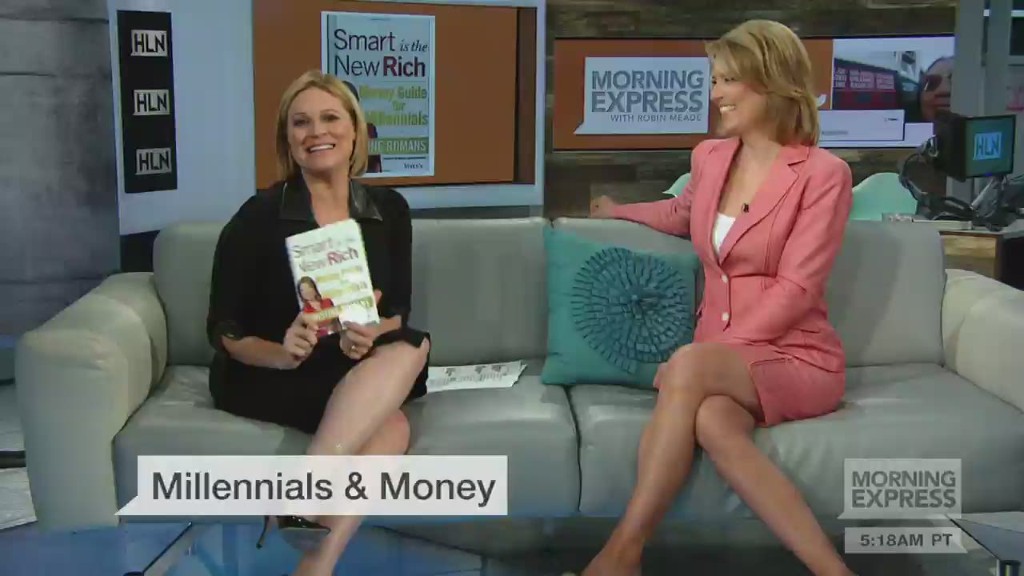
Is avocado toast all that's standing between millennials and their first homes?
An Australian millionaire thinks so. Not everyone is convinced.
Tim Gurner, a 35-year-old developer, called out his generation on Australia's version of "60 Minutes" on Sunday.
"When I was trying to buy my first home I wasn't buying smashed avocados for 19 bucks and four coffees at $4 each," he said.
Gurner, who's worth an estimated $460 million according to the Australian Financial Review, said wasteful spending is preventing young people from becoming homeowners.
"We are coming into a new reality ... and a lot of people won't own a house in their lifetime," he said.
If your mom forwarded you these remarks, there's just one problem: Overpriced, Instagrammable toast is hardly the only barrier to property ownership in the U.S.
For one thing, it's a tough market. Millennials are now the largest group of homebuyers, according to Ellie Mae, a software company that analyzes mortgage data. But they're coming up against repeat buyers with more capital and a shortage of starter homes for sale, which has driven up prices.
Related: The struggle is real for Millennial homebuyers
There were 3% fewer homes on the market in February than there were a year ago, according to a recent report from Zillow, and home values are up almost 7%.
And then there's student debt. Seven in 10 seniors who graduated from college in 2015 had student loan debt, averaging of $30,100 per borrower, according to The Institute of College Access and Success. That amount was up 4% from the year before.
The internet was quick to point out other holes in Gurner's argument.
Plus, many have flagged reports that Gurner, at age 19, received a $34,000 loan from his grandfather to jump start his first real estate venture.
Oddly, the avocado toast debate is not new to Australia.
Related: Australia is fighting over how hipsters spend their money
An op-ed published in The Australian in October decried young people who "order smashed avocado with crumbled feta on five-grain toasted bread at $22 a pop" instead of saving money for mortgage deposits. That sparked a similar debate.
